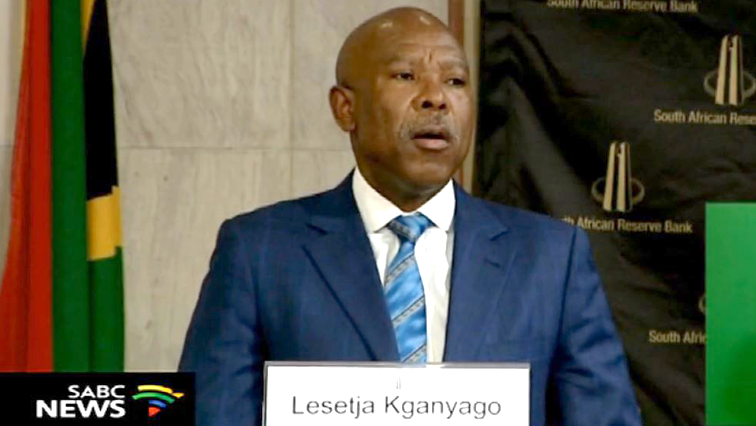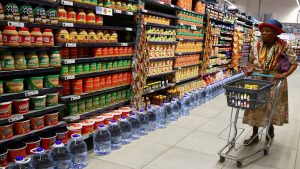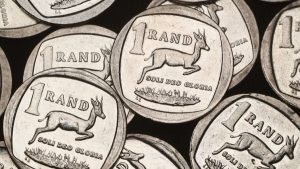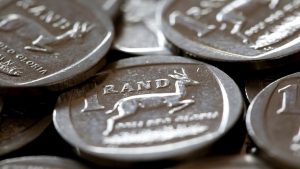Analysts expect the South Africa Reserve Bank to keep rates unchanged when it makes its decision on interest rates later this week.
In November 2018, the Reserve bank increased rates by 25-basis-points to 6.75%.
Economists say the US’s inclination to not increase rates may be another influencing factor. An Economist at Investec, Annabel Bishop says this should relieve the pressure on the rand and inflation.
“We expect the South African Reserve bank will keep interest rates unchanged at its monetary policy meeting this week particularly given that the United States has indicated a more dovish tone in other words, the United States is unlikely to increase its interest rates this year as rapidly as previously expected. This should relieve the pressure on the rand and of course on inflation for South Africa.”
Bishop says rates are expected to increase next year if electricity prices increase.
Last year, Eskom asked the National Energy Regulator for a 15% tariff hike over the next three years starting this year.
“The Reserve Bank will be targeting inflation in 2020 when it meets at its MPC meeting next week. We’re looking for inflation come out round about 5.5% in 2020. Certainly large electricity prices will assist in lifting inflation both in the second half of this year and next year. With also the possibility of an increase in oil prices there should be some upward pressure on petrol prices as well.”
An Economist at Econometrix, Sam Rolland says the bank is unlikely to increase the interest rate because inflation has remained within the Reserve Bank’s target band, between 3% and 6%.
“Having raised rates in their last meeting, it’s unlikely that they’re going to track back and cut rates. That would have been more damaging than anything. I think further, inflationary conditions have been more favourable towards the downside. So, firstly we’ve seen petrol price decreases towards the end of last year and this would have led to lower second round effects, only filtering through now. The other thing is domestic demands remains very weak still and manufacturing numbers in November are evidence of this.”
Rolland says consumer demands remain weak, which makes it unlikely for inflation to increase. He says this will encourage the bank to keep rates unchanged, unless the oil prices increase drastically.
“Whether the bank is likely to hold this course for the rest of the year it remains to be seen. We have seen that the majority of our rate hikes have been based on a cost-push effect, but demand remains too weak to enact any inflationary tendencies on the domestic economy. So if we are to see the bank raising rates it will come as a result as a raise in the oil price which will then translate to higher petrol prices.”






